Teaching
During my time at the Boston Impact Initiative, I had an opportunity to develop a unique curriculum for Community-Based Investing that lives at the intersection of finance and the solidarity economy. This course is now part of Tufts University’s Certificate on Impact and Sustainable Investing.
If we wish to address the growing wealth gap and ecological challenges of our times, we need to create the opportunity for communities to own and control their future. That means circulating investment dollars locally, transforming the governance structures that allocate capital so people most affected have the most say, and designing investment approaches that make wise use of blended capital—integrating debt, equity and grantmaking.
The curriculum takes a whole systems approach to place-based change, covering the role that many stakeholders play in contributing to community wealth-building, including entrepreneurs, investors, philanthropy, anchor institutions, policymakers, professional service providers and community members.
Check out the videos below, and contact me if you wish to learn more or use this material for your organization.

COMPLEX, ADAPTIVE SYSTEMS
Laying the Foundation for Integrated Capital
This lecture explores three questions: 1) How does change happen in complex, adaptive systems? 2) What are the beliefs around which our economic system is organizing? 3) How can finance be used to transmute resources from extractive to regenerative? Learn about the Two Loops model and the Impact Equalizer as a way of understanding how to work intentionally with complexity.
CHAORDIC DESIGN
Walking the Chaordic Path
The Chaordic Path makes visible the journey we’ll take to design integrated capital funds. The term ‘chaordic’ was coined by Visa CEO Dee Hock, combining the words ‘chaos’ and ‘order’. It represents the idea of working intentionally with self-organization and emergence while maintaining a sufficient level of order without imposing control.
LIBERATORY ECONOMICS
Liberatory Economics Practics with Nia Evans
As soon as we begin to broaden our view of who has a stake in how our community evolves, then we immediately find ourselves confronted with issues of power and agency. In this lecture, Deborah interviews Nia Evans, the Executive Director of the Boston Ujima Project on what it looks like to engage in liberatory economic practices that give community members an opportunity to shape their own economic destiny.
IMPACT INVESTING GAME
Introduction to the Integrated Capital Cards
The Integrated Capital Card Deck is designed to help fund managers, funders and impact investors learn how to deploy integrated capital to close the racial wealth divide. The bilingual (English/Spanish) deck is made up of 121 cards in seven suits that help match types of capital, transaction structures and impact criteria with small businesses and nonprofits that are contributing to building regenerative and equitable local economies.
CAPITAL ABSORPTION FRAMEWORK
Identifying the Opportunity with Robin Hacke
The Center for Community Investment created the Capital Absorption Framework, a process of identifying a community’s vision for its economic future. In this lecture, Deborah Frieze interviews Robin Hacke, Executive Director of CCI, who explains the three functions of the framework: articulating shared priorities, creating and executing an investable pipeline of projects, and improving the enabling environment.
IMPACT MANAGEMENT
Assessing, Structuring and Managing Impact with Aliana Pineiro
In this lecture, Deborah Frieze interviews Aliana Pineiro, Impact Director for the Boston Impact Initiative, about how impact serves as a lens throughout the investment process. This includes due diligence (assessing the impact of the business against investment criteria), structuring (setting impact targets in investment terms, sometimes in the form of impact covenants), performance (measuring and managing impact throughout the investment period) and exit (designing for the continuity of impact after exiting the investment).
RAISING CAPITAL
Raising Impact Capital
Where does impact-first investment capital come from? What role do foundations and philanthropy play in the impact investing ecosystem? Who influences the decisions about how impact investing dollars are allocated? These are some of the questions Deborah Frieze explores in this lecture, starting with the history of how the field of philanthropy came into being.